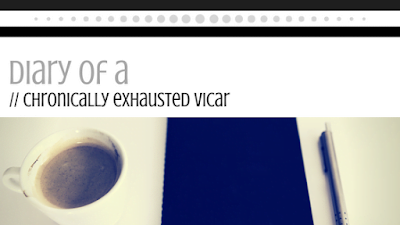
Recently, I wrote of my need to take some time off work because the Depression and Chronic Fatigue with which I live had both significantly worsened.
While I was on three weeks’ leave, I paid attention to my illnesses, the symptoms of Chronic Fatigue and Depression, the dis-ease in my system, the consequences of the stresses of recent months. With that gift of time and space, I chose to be still, to rest, because that is what will help me heal; I chose to be present to the pain, exhaustion, sadness, heaviness, dullness, despair.
In the first week, I did very little each day, beyond sitting in stillness and silence. I arranged to receive help in various forms. I swam. And I sat, in pain and discomfort, unable to think clearly, or at all.
By week two, I had begun to move a little more, developing a better rhythm with household chores like dishes and folding laundry – a clear space without supports clear space within. I was able to start back on the project that had been neglected because of the demands of some challenging situations. I continued to sit or lie down and listen and breathe, between the sessions with my new chiropractor. His analysis of my system showed us the considerable distress within it: it was tight, twisted, disconnected. Thankfully we also identified signs of the care I’d been receiving for the eight or so months before the pandemic: my system has held onto some strength and tools of the Network Spinal approach to healing and wellbeing, even while I’d been strictly self-isolating and not receiving treatment.
Network Spinal seeks to enable the system to access energy for healing and wellbeing of the whole person. I have worked with two practitioners before now, and find it a helpful approach that my system embraces. I am being patient, intentional in my listening and observing how my body responds in each session, and what I feel after my system has been shown the areas of dis-ease and the energy we can access.
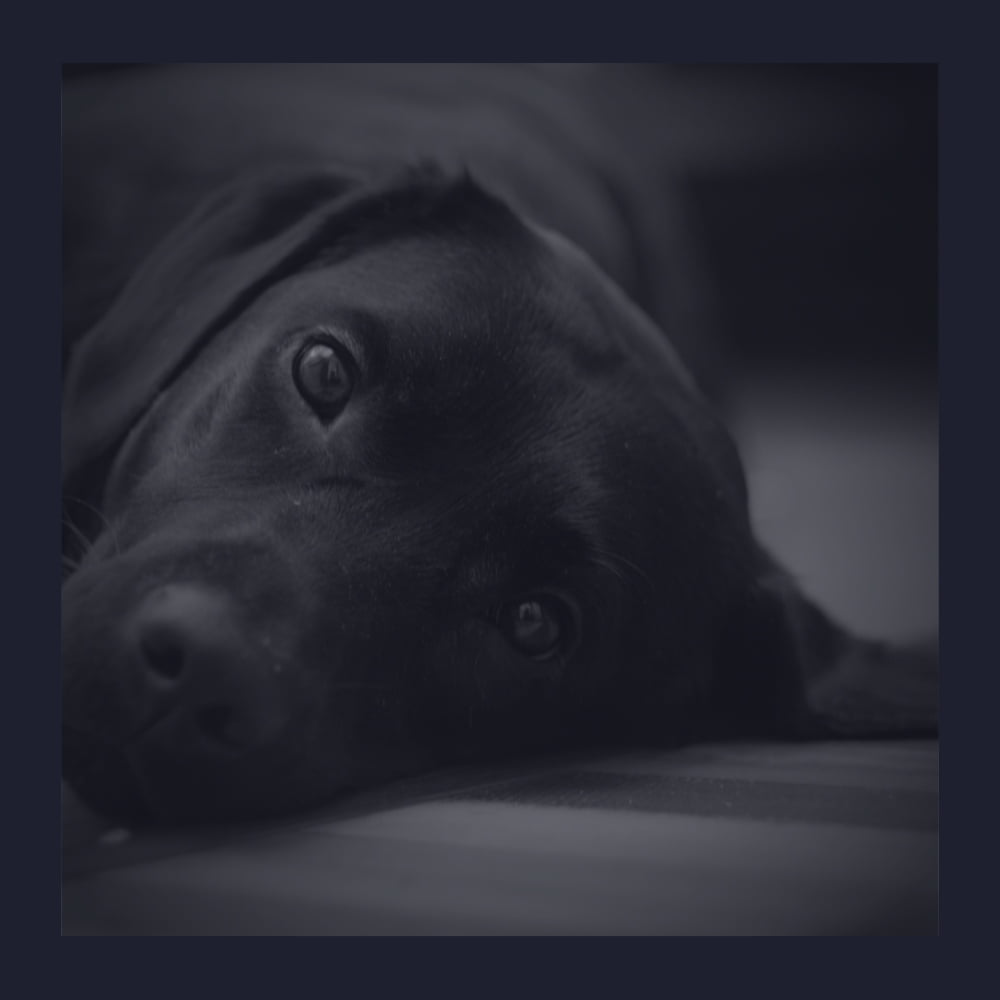
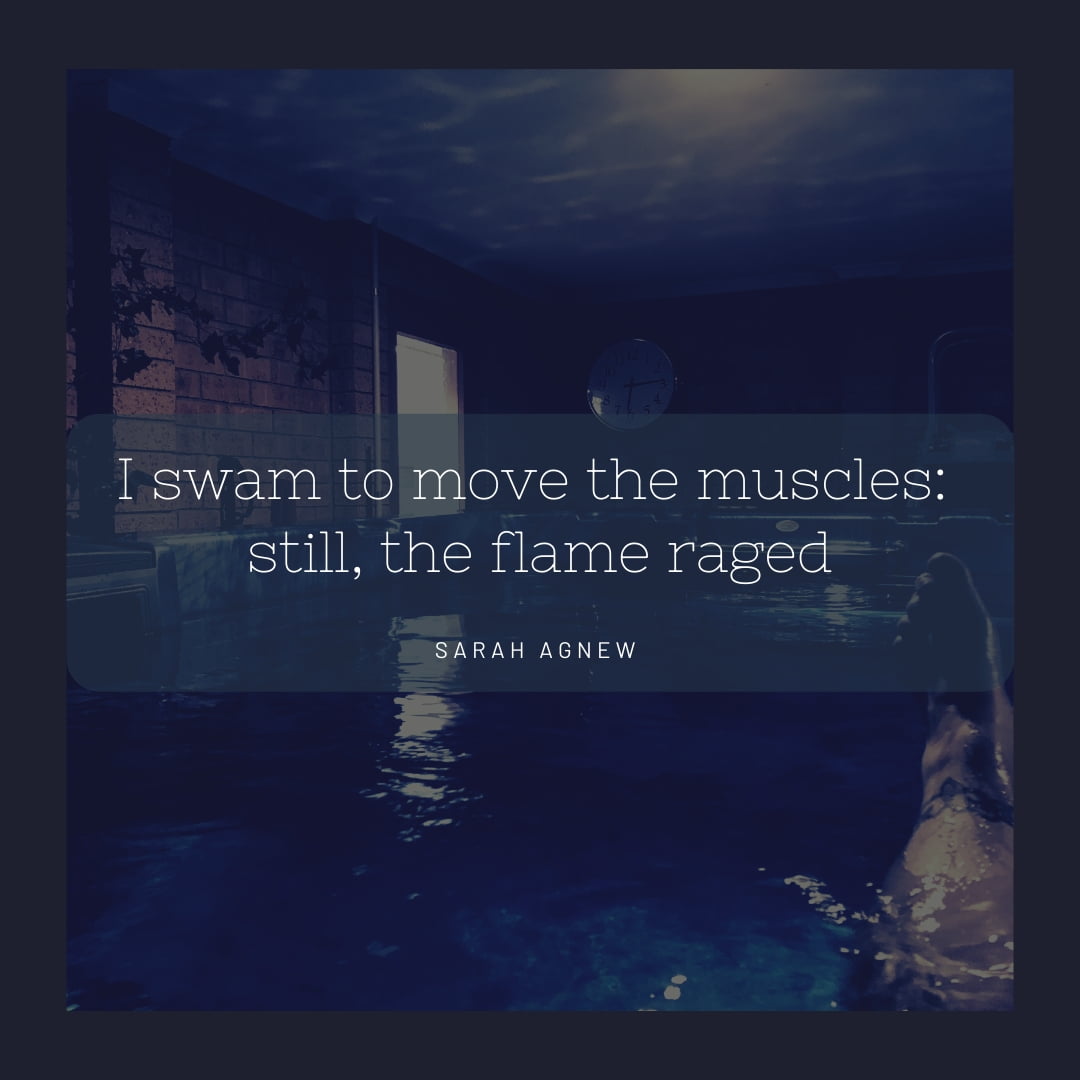
Standing on a Threshold
In that second week of leave, I felt strongly and strangely as if I was standing on a threshold, which is not where I expected to be somehow. Of course, I anticipated change, hoping to release tension, process the anger and frustration and whatever other emotions presented as I began to heal from the impact of the recent stresses. But there was something more. I noticed a constriction or restriction in my voice, suggesting disconnection with identity or my expression of it, or perhaps a dissonance between the expectations I hear or imagine from others and an authentic expression of vocation? I was intrigued by that, as in the past two and a half years, despite my illness, I had been finding this placement to invite a new thriving with my three-fold vocation of storyteller-poet-minister, through being embedded in a congregation.
Perhaps the limitations of this season were causing constriction? The Covid-19 restrictions that are making us all feel hamstrung and frustrated and isolated and not quite ourselves? Or was it the weight of the burden as one minister in a two-minister placement, limiting the fullest expression of my self? Undoubtedly those situations were both hindering my freer fulfilment of my role as I’d experienced it up to the early part of this year.
But that threshold on which I seemed to be standing felt more than a point of progression through the consequences of these situations. It felt like a significant shift within, in relation to, well, I had to ponder: expectations of myself in my role as congregational minister?; a significant shift in my understanding of myself as a contemplative, and how I will live that out?; a return to a broader stage with the approaching release of my thesis book and the keynote sessions for an international biblical storytelling event?
Changing expectations?
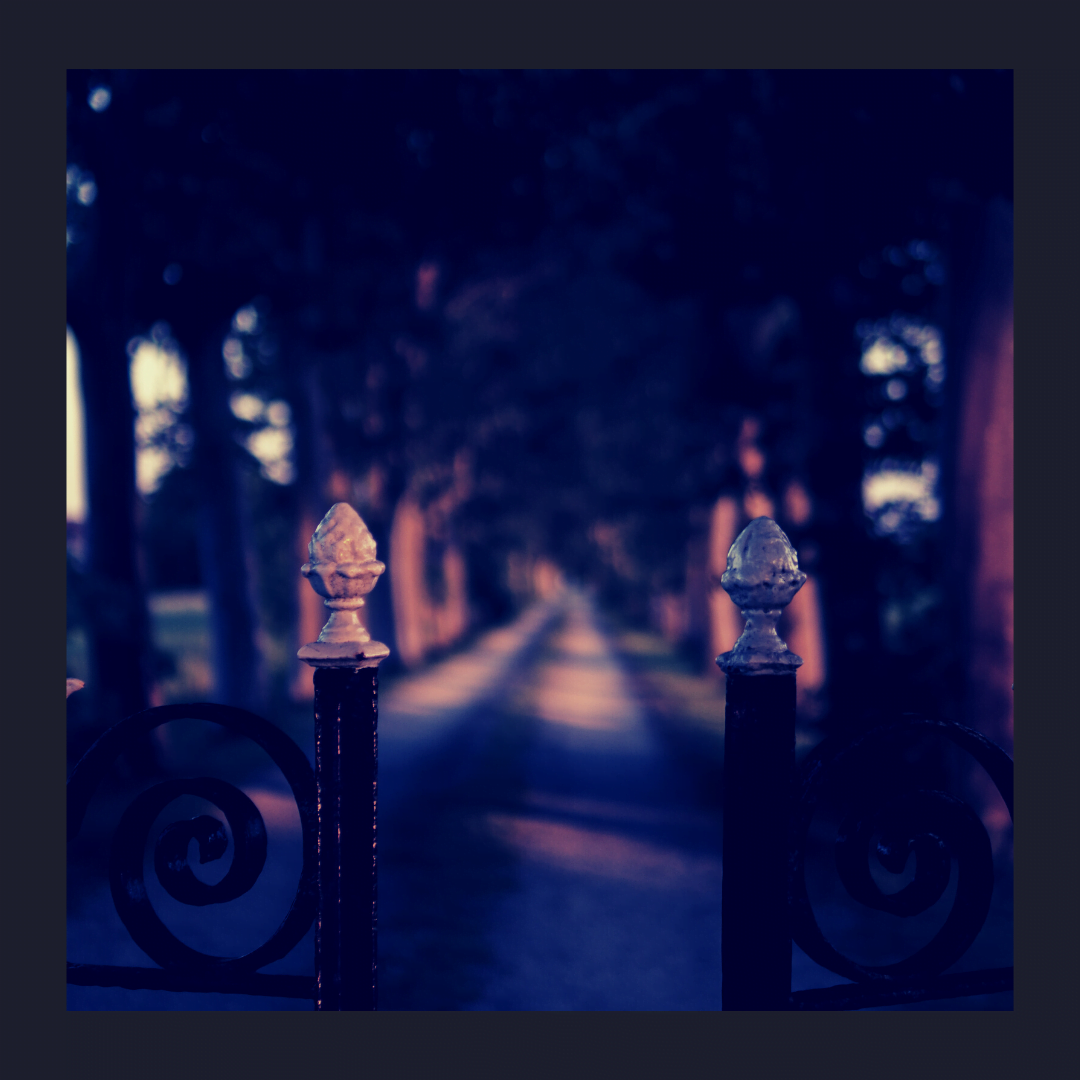
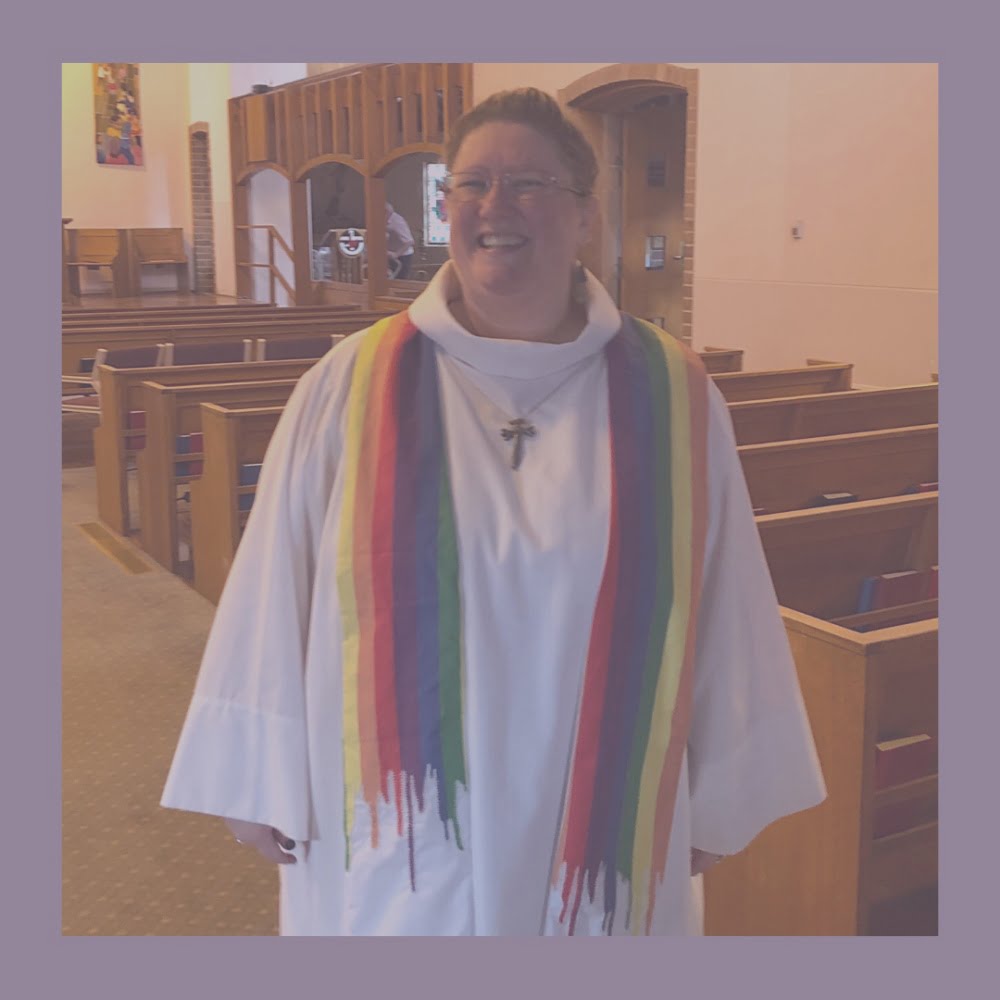
The nature of any role, as is the nature of life, is that things are constantly changing. So I am always re-evaluating my role within the congregation, as situations and circumstances change. I seem always to be letting go of the expectations I imagine others have of me in that role, how I offer pastoral care, how I preach … and the better I know my congregation, the better I know myself within those relationships, the more confident I become in letting go of my imagined expectations. With the changes in our clergy team this year, and yes, standing on the threshold of first a new interim team, then our new permanent team, inevitably, I am shuffling my sense of how to bring my gifts into conversation and collaboration with these new colleagues.
Contemplating changes
I have been considering a contemplative way of life that might suit me for many years, without quite settling on a way to live so, authentically for me. With my previous and now this new chiropractor, I feel tantalisingly close, much closer than I’ve been before, to implementing changes within, with my understanding of self and my general posture and attitude, that might at last flow onto changes without in the rhythms and practices of my daily life. Reflecting with my supervisor two weeks on from this first awareness of the threshold, I noted the journalling I’d done to articulate some of those internal and external changes, and that even in that small step, had found myself moving through the days with more attentiveness. I spend quite some time in stillness, resting painful, inflamed muscles, and breathing through crowded, confused thoughts and feelings. I have noticed a shift in the attentiveness I give to these moments, not only to the symptoms of fatigue and depression, but beyond them, to the Divine presence with me. Stillness is moving deeper into contemplation and mindfulness, from the necessary rest and relief for symptoms of illness.
Threshold to the unknown
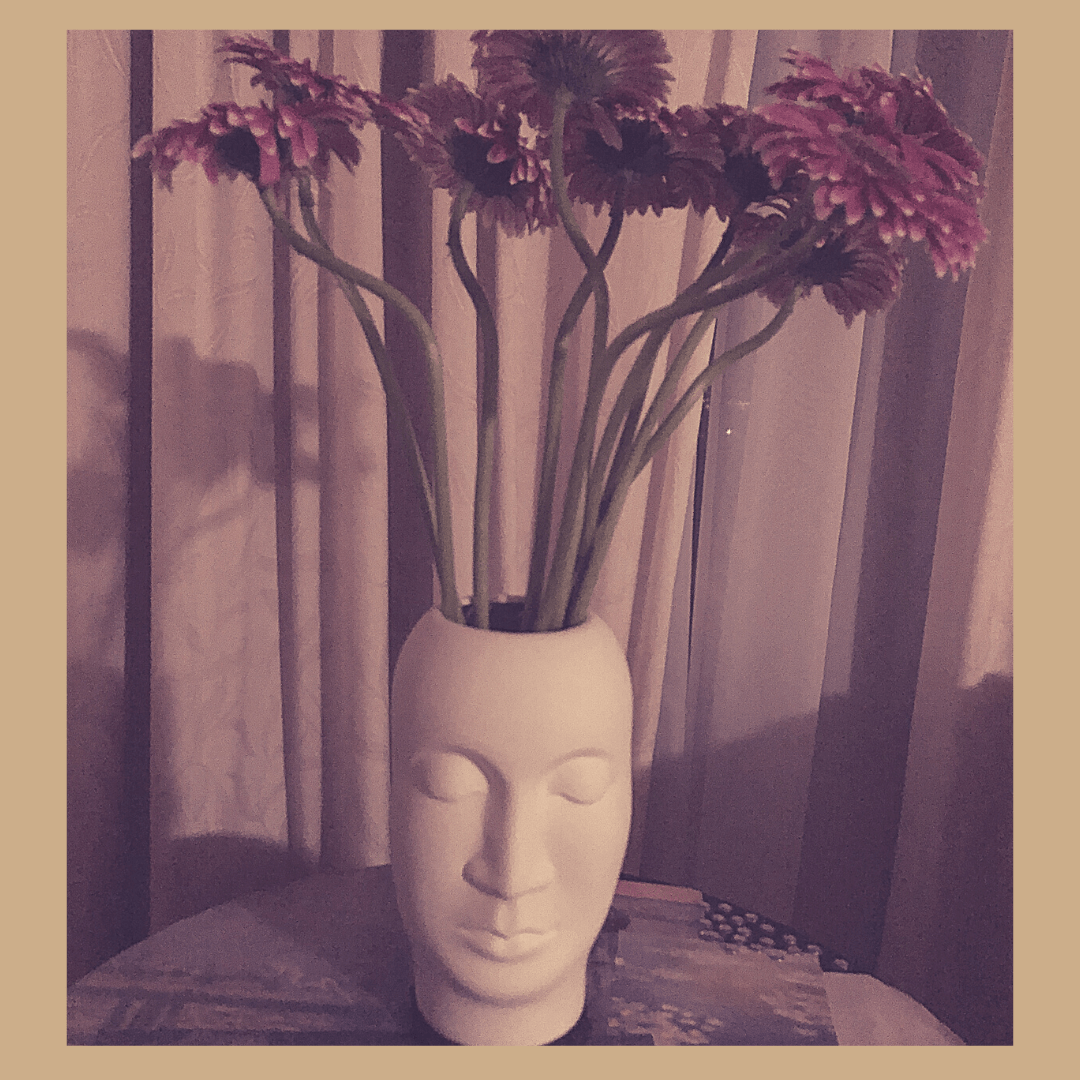

I have had to slow right down these past weeks; seeking, observing, welcoming change, and for once, I’ve found patience with it, not rushed or forced, not sought to skip around the darkness, but actually move through it. As I have done so, I have also had a deadline to meet, composing and recording these keynote sessions for the Network of Biblical Storytellers annual Festival Gathering. Somehow the patience extended to that work, as I trusted I had the resources within that I needed to meet the deadline, and deliver worthwhile content for my tribe. Interestingly, engaging in that work itself seemed to lead me through the changes, helped me to reconnect with my voice, my self, my identity again. I have withdrawn somewhat into the safety of the congregation these past two years. I have stood on a smaller stage, as it were. I have performed as a storyteller much less often, engaged in fewer scholarly pursuits, pushed the self-promotion wagon not very far at all. I needed that hiatus, after the PhD years that have left me with Chronic Fatigue Syndrome. I needed to slow down, to let go. Without realising it along the way, I have let go of some of the burning ambition I had as a PhD student seeking to make my mark on the world. I have become content with the small audience I have for my work: a challenging congregation that evokes a higher standard of preaching and liturgy from me; a slowly growing and appreciative audience engaging with Pray the Story prayer-poems and hymns around the world; connections with better established writers finding me on social media; the mutual respect within the Network of Biblical Storytellers’ Scholars Seminar, in which I learn and contribute and delight. It is enough, when once I yearned for recognition from the whole church, to be welcomed and appreciated in these small circles.
I know I stand on a threshold in these days before the Keynote sessions go live; these weeks before my book is released in the world; these months during which I am planning new projects for potentially new audiences. I do not know what will unfold, how different my audiences will be in make up and size. I do not know what changes will come, when I step over this threshold out of the safety of my hermitage, but it seems inevitable that I am moving forward, and I will do so with curiosity and gratitude – especially grateful that I have left the potentially destructive need for approval behind, and hoping I don’t pick it up again. I like this calm, content, contemplative me. I’d like her to stay.
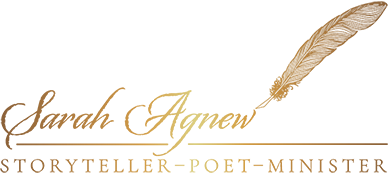
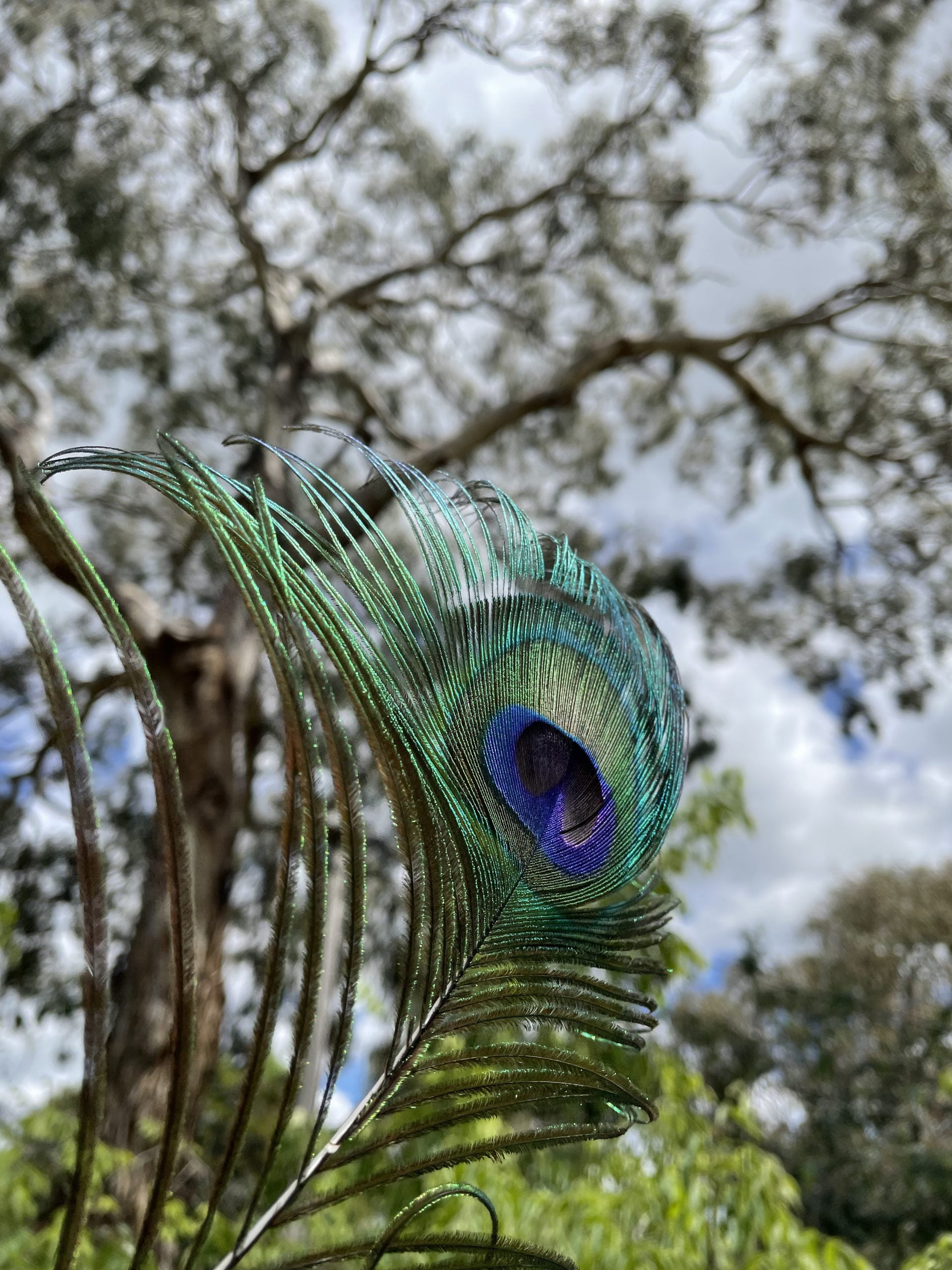
Leave A Comment